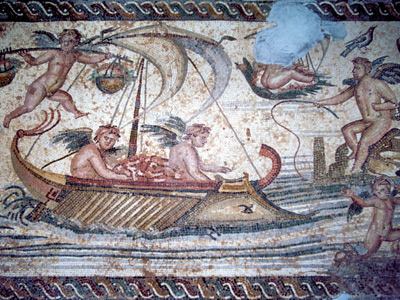

Physics - Specific Heat Capacity
This Physics quiz is called 'Physics - Specific Heat Capacity' and it has been written by teachers to help you if you are studying the subject at senior high school. Playing educational quizzes is one of the most efficienct ways to learn if you are in the 11th or 12th grade - aged 16 to 18.
It costs only $19.50 per month to play this quiz and over 3,500 others that help you with your school work. You can subscribe on the page at Join Us
When thermal energy (heat) is transferred to an object, its temperature will increase. How much it increases depends on how much thermal energy is transferred, the mass of the object and its specific heat capacity. Specific heat capacity is the amount of energy required to change the temperature of one kilogram of a substance by one degree Celsius.
Ready for more?
not all...
quizzers. Try to win a coveted spot on our Hall of Fame Page.






